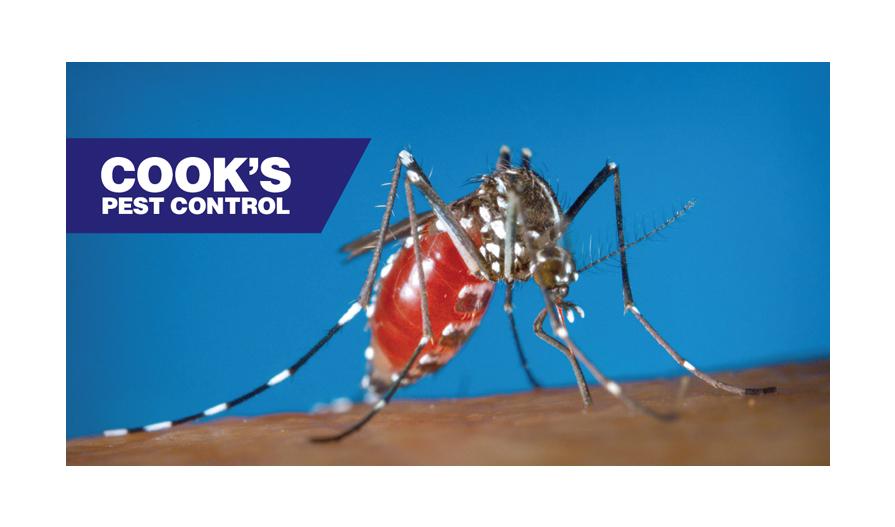Mosquitos in Winter

What happens to those pesky mosquitoes in the winter? They hibernate, or overwinter, although it depends on the species how they overwinter. Some mosquitoes spend the winter months as adults, others as larvae or pupae, and others still as eggs. Overwintering is a type of dormancy, so any overwintering adult mosquitoes are not out biting animals or people. It is much too cold for them to be flying. They are biding their time, staying sheltered, so they can bite animals or people when the weather warms up.
So, Where Do Mosquitoes Go When it Gets Cold?
Artificial containers are abundant in the urban landscape. These include such items as plant pots and saucers, bird baths, tire swings, buckets, and anything else that is man-made and can hold water. A few mosquitoes exploit these small bodies of water, but the dominant container-breeding mosquito in the south is the Asian tiger mosquito. It is an aggressive and persistent day-biter that prefers the blood of humans to other animals. It is easily distinguished from other mosquitoes by its high contrast, black and white coloration, with a white line directly behind the head.
In temperate climates, this mosquito spends the winter as an egg. The eggs are black, oval, and roughly ½ mm in length. They are glued singly to a substrate, like around the inside of a dry bird bath. They can remain in this dry state for up to a year and still be able to hatch. In tropical climates, adult mosquitoes can be active year-round and may never need to overwinter.
When it rains, and the temperatures are sufficiently warm enough for development, these eggs hatch into aquatic wigglers. Sometimes, multiple floodings are required to cause the eggs to hatch. At comfortable, outdoor temperatures, it takes between seven to twelve days for the aquatic stages to complete development into an adult mosquito. It is important, then, that artificial containers in the outdoor environment be dumped out and scrubbed to remove eggs every five days. Ideally, you should eliminate any containers that are not absolutely necessary in your yard. That old tire, those unused pots, the five-gallon bucket… clean them up and store them in your garage, or at least away from rain. The fewer habitats you can provide, the fewer mosquitoes that will drive you crazy when the weather gets warmer. But for now, you can enjoy having no (active) mosquitoes.
References:
University of Florida Featured Creatures. Asian Tiger Mosquito. Link: http://entnemdept.ufl.edu/creatures/aquatic/asian_tiger.htm. Accessed January 2018.
